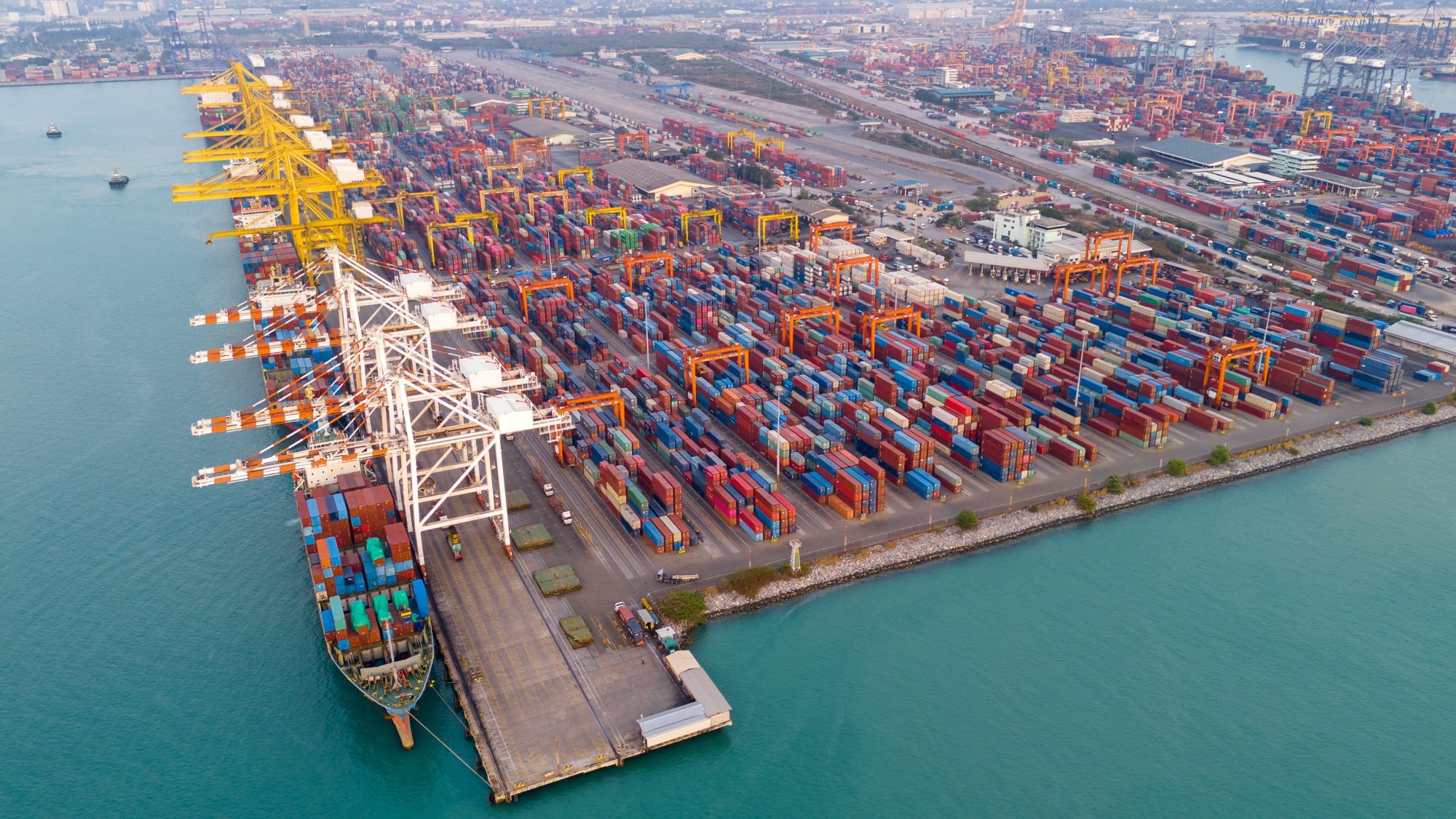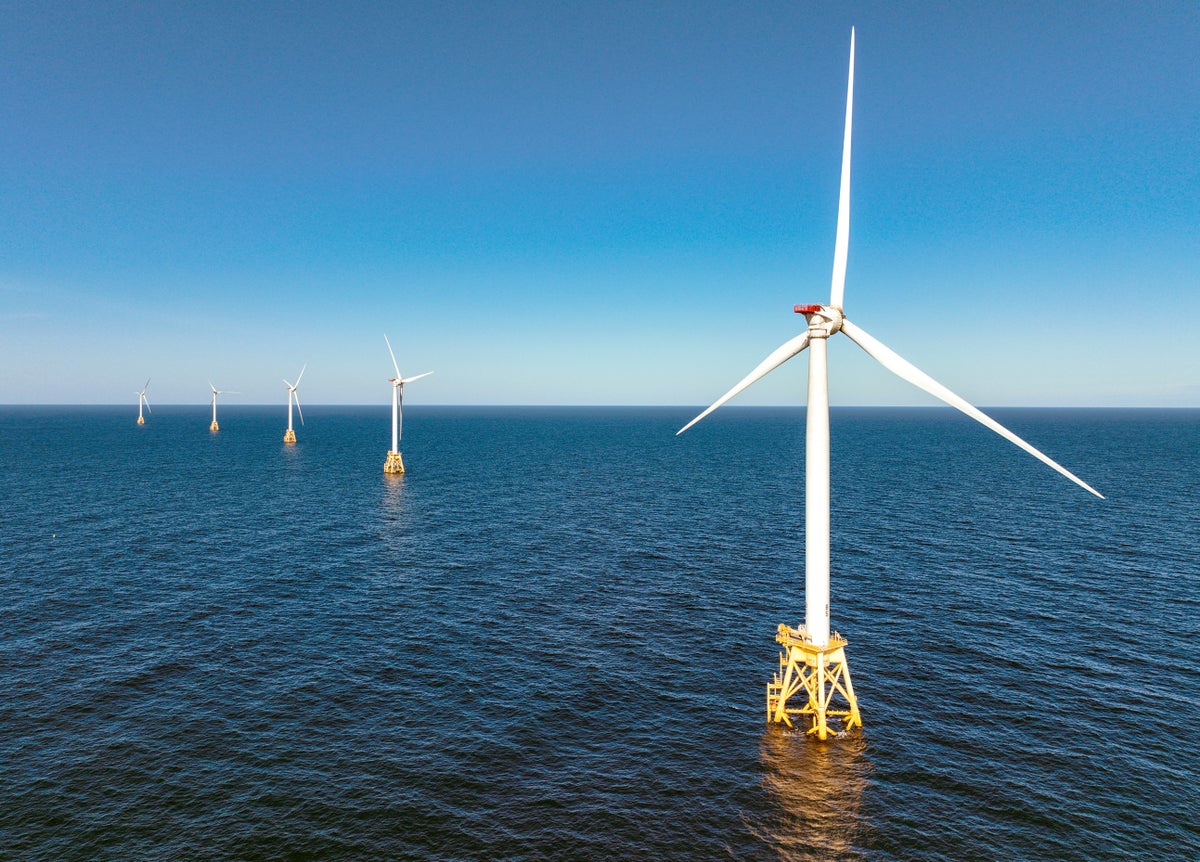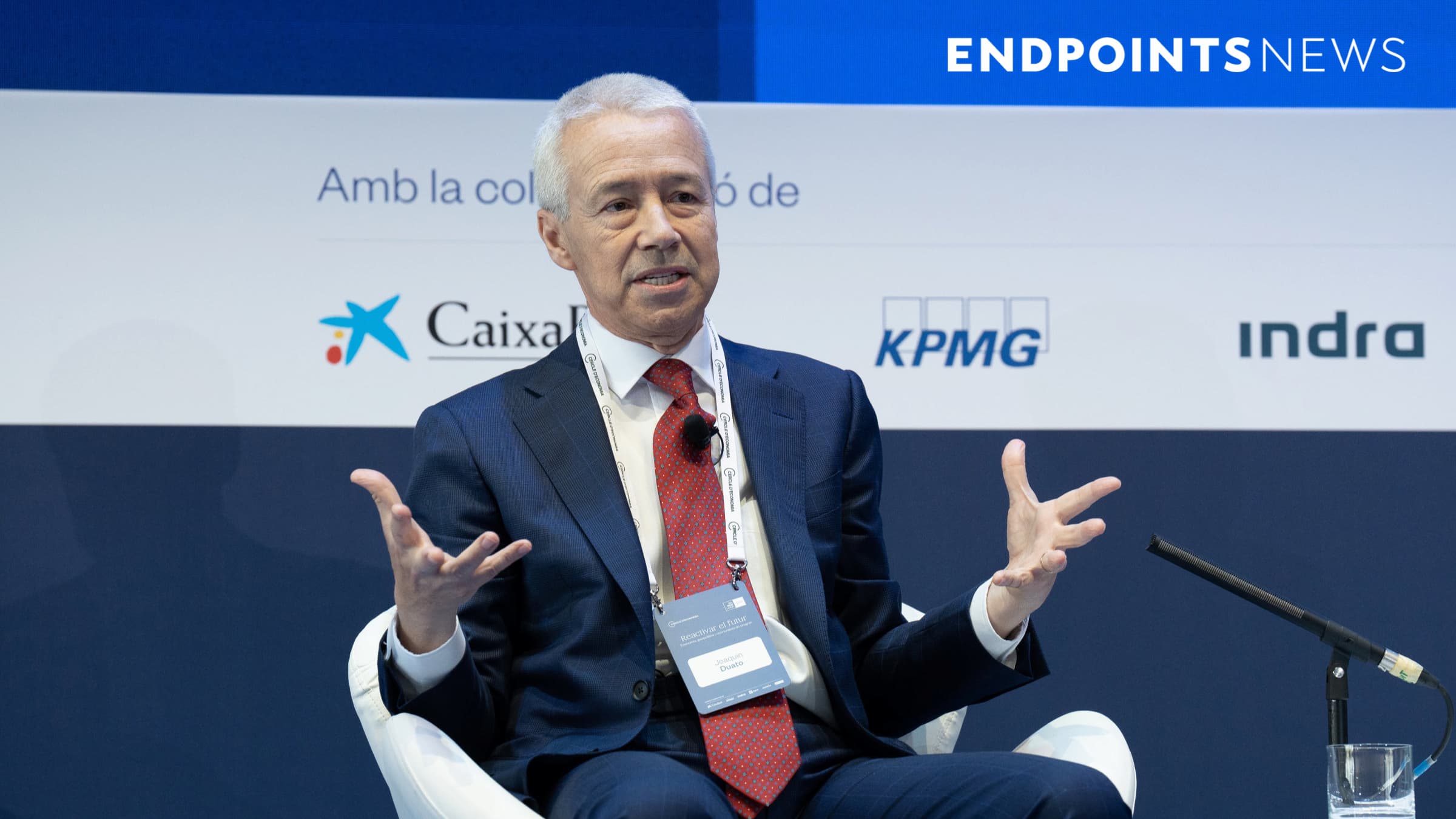Global plan for maritime shipping leaves industry short of net zero goal
Reaching any kind of agreement was hailed as a success, but environmental groups were quick to identify flaws in the International Maritime Organization's new framework. The post Global plan for maritime shipping leaves industry short of net zero goal appeared first on Trellis.

Key takeaways
- International Maritime Organization agrees to emissions intensity fuel standard.
- System include options for shipping companies to buy credits if targets are missed.
- Projections from environmental groups suggest the framework won’t deliver on net zero.
Plans to impose an emissions levy on international shipping, decided Friday by the International Maritime Organization (IMO), were simultaneously welcomed as a critical step forward and decried as flawed due to significant holes in the process for accounting for emissions.
The uneven reception reflects intense divisions among negotiators and the resulting compromise the IMO was forced to make when its Marine Environment Protection Committee wrapped up discussions in London.
The organization had previously committed to transitioning the industry to net zero by around 2050, and the committee had been tasked with finalizing a mechanism for doing so. European Union nations and allies were pushing for strict emissions standards, while a coalition including Brazil, China and others advocated for more flexible mechanisms.
Global tax
The resulting agreement is a hybrid mechanism that resembles emissions trading schemes. Owners of large vessels will face gradually increasing emission-intensity requirements, culminating in as much as a 43 percent reduction by 2035, compared to a 2008 baseline. Companies that fail to hit targets will have to pay a fine, use credits accumulated by beating targets in previous years or purchase credits from other owners.
The requirements will come into force in 2027, pending approval at a IMO meeting later this year. They are being described as the first ever global tax on greenhouse gas emissions.
Environmental organizations who attended the negotiators were not celebrating, however. One key issue surrounds biofuels, such as those derived from vegetable oils. Among “drop in” fuels — those that can be used without modifying ship engines — biofuels will be attractive to ship operators because they are the cheapest and most readily available, according to the non-profit International Council on Clean Transportation.
When estimating the impact of these fuels, the council and other organizations argue that it’s not enough just to look at the emissions generated by growing and burning the fuels. Producing biofuels can displace crops used for food and animal feed, increasing the risk that non-agricultural land, including forests, will be converted for farming. The council noted in a statement that the IMO’s aviation counterpart, the International Civil Aviation Organization, includes such indirect emissions in its accounting and that EU maritime rules limit or exclude food or feed-based biofuels. The IMO’s new framework “does neither,” said the council.
Net zero miss
Other groups questioned whether the combination of financial penalties and fuel targets would be sufficient to transition the industry to net zero by 2050 as the IMO intends. Researchers at the non-profit Transport & Environment (T&E) projected the likely impact of the new framework and concluded that the emissions savings would fall short of both the IMO’s stated goals and a trajectory aligned with 1.5 degrees Celsius of warming. “Overall, the outcome of these two weeks of negotiation was disappointing,” said Felix Klann, T&E’s maritime transport policy officer.
The glass-half-full view of the negotiations? That any kind of conclusion was reached. President Trump complicated an already fraught process by withdrawing the U.S. delegation while the talks were underway. The framework also needed to be put to a vote, an unusual step for an organization that generally operates by consensus. The Global Maritime Forum (GMF), a non-profit focused on decarbonization that partners with many shipping companies, was among the organizations to note that the framework falls short. But, the GMF added, “Given ongoing geopolitical tensions and trade disruptions, this binding agreement represents an example of multilateralism still at work.”
The post Global plan for maritime shipping leaves industry short of net zero goal appeared first on Trellis.


























































































































![The breaking news round-up: Decagear launches today, Pimax announces new headsets, and more! [APRIL FOOL’S]](https://i0.wp.com/skarredghost.com/wp-content/uploads/2025/03/lawk_glasses_handson.jpg?fit=1366%2C1025&ssl=1)















